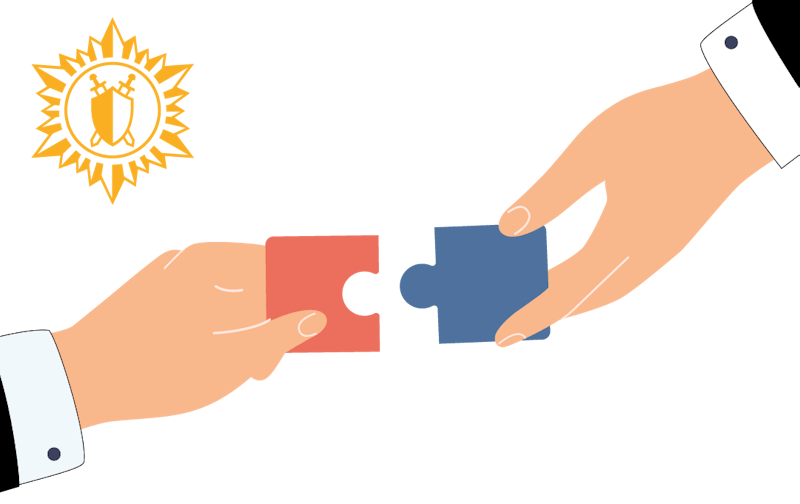How is the investigation process?
In a police investigation, data is collected so that the case can be brought before the district court. During the investigation, the police follow up on the case, either by phone call or visit. The more open you are with the police, the easier it is to investigate the case.
Location of the offense
The police in the area (also called district) where the offense occurred investigate the case.
- When the police are called to the scene and assess that domestic violence has occurred, an investigation begins immediately.
- If the offense occurred abroad, it is usually the police in the district where you have your legal domicile who investigate the case.
Classifaction og the offense
First, the offense is classified under the relevant legal provisions. Categories of offenses are defined by law, and your legal rights protection officer can inform you about the relevant provisions. Examples of offense categories include: sexual offenses, bodily injury, property damage, threats, and violations of child protection laws.
The classification is based on your description of the offense in your statement and the data collected. The police try to match the offense with the correct legal provision. It might be surprising how the offense is classified. How people talk about offenses in everyday language and how the law defines offenses are often different.
Collection of data
The role of the police is to uncover the truth and record evidence. For example:
- Photographs taken of the scene and injuries of the survivor and the perpetrator.
- Use of recordings from police body cameras at the scene.
- Statement taken from the perpetrator.
- Statements taken from witnesses and close associates.
- Your testimony compared with the testimony of the perpetrator and witnesses.
Data is collected, for example:
- Phone data or phones are copied, with your permission.
- Communications on social media, with your permission.
- Certificates from doctors, psychologists, and similar professionals, with your permission.
Returning for another statement
The police may call you in for another statement to shed light on something that has come up in the investigation or ask you for further information. In that case, the police will contact your legal rights protection officer.
